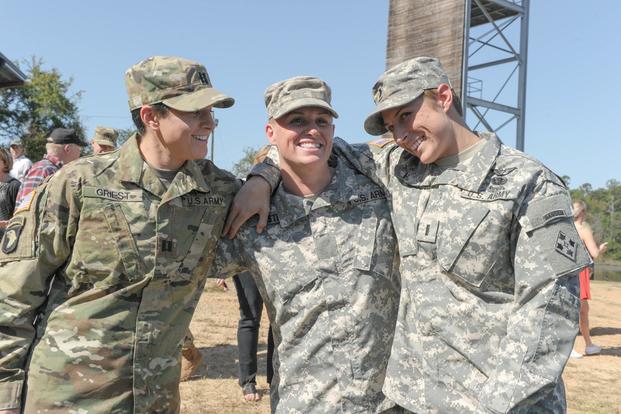fncceo
Diamond Member
- Nov 29, 2016
- 42,704
- 35,300
- 3,615
I work as an LEO in a metropolitan city and roughly a third of my fellow officers are women. In many ways, they will see more 'combat' than most soldiers. Aggressive confrontations occur daily and hand-to-hand combat is a regular occurrence. Being threatened with knives and firearms becomes routine.
Police don't suffer the depredations of military combat, bad food, isolation, lack of sleep. But they will experience more daily stress over the long term than most combat soldiers.
There is no reality that these women are any less capable than their male counterparts and, in some cases, more capable.
However, women get emotional when they should remain cool, calm and collect when bees are buzzing close to their ears. Not actual bees but real bullets.
I'm getting the feeling you don't know a lot of women.










